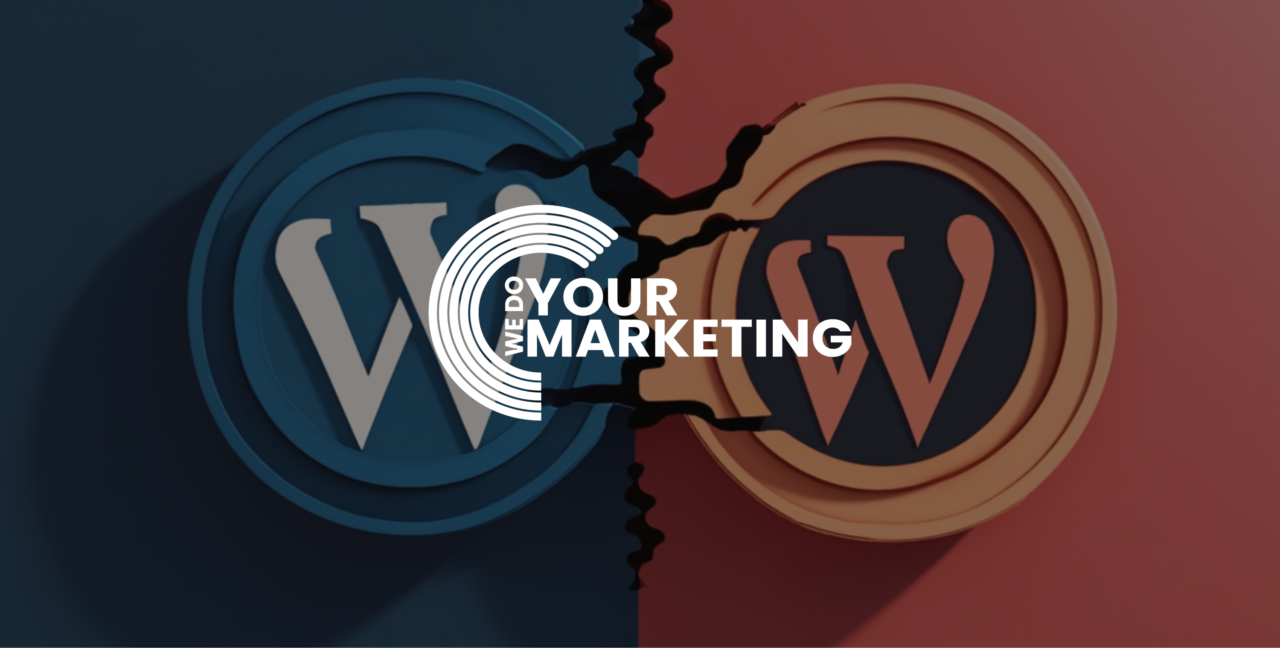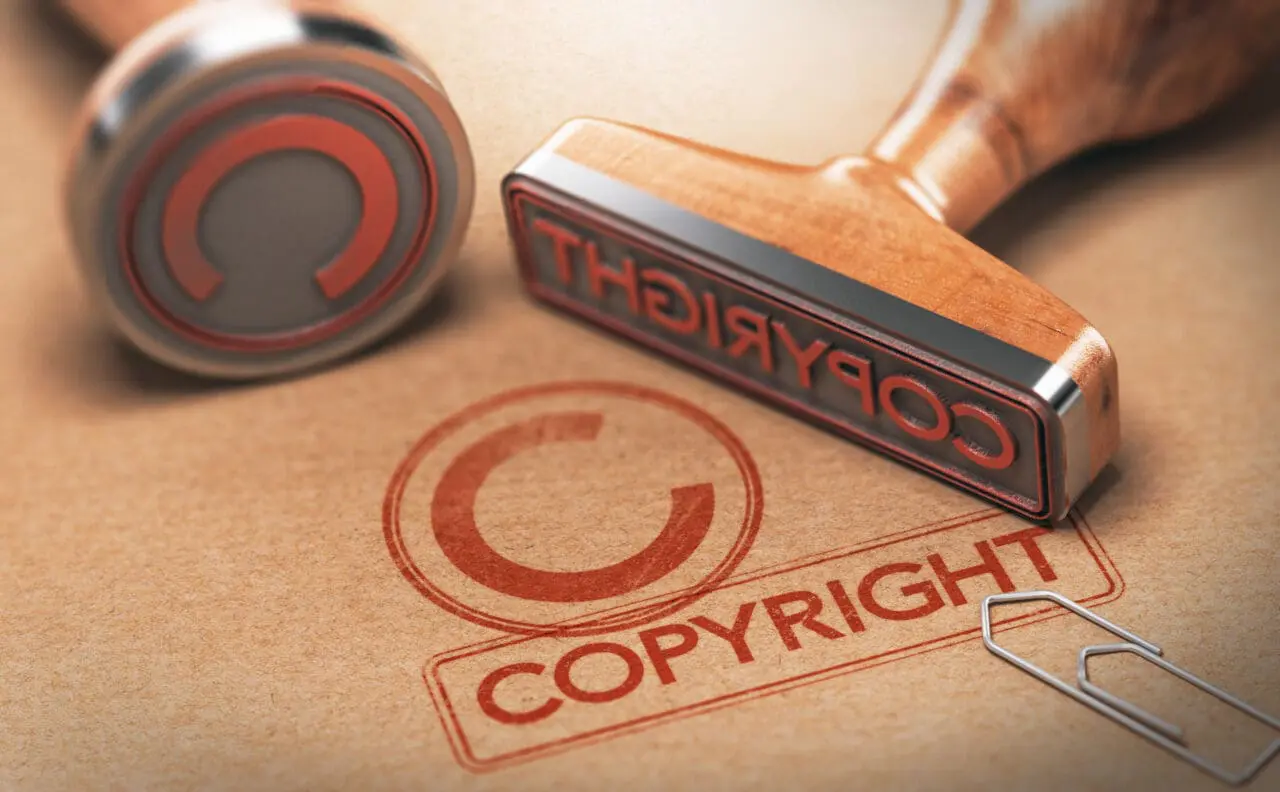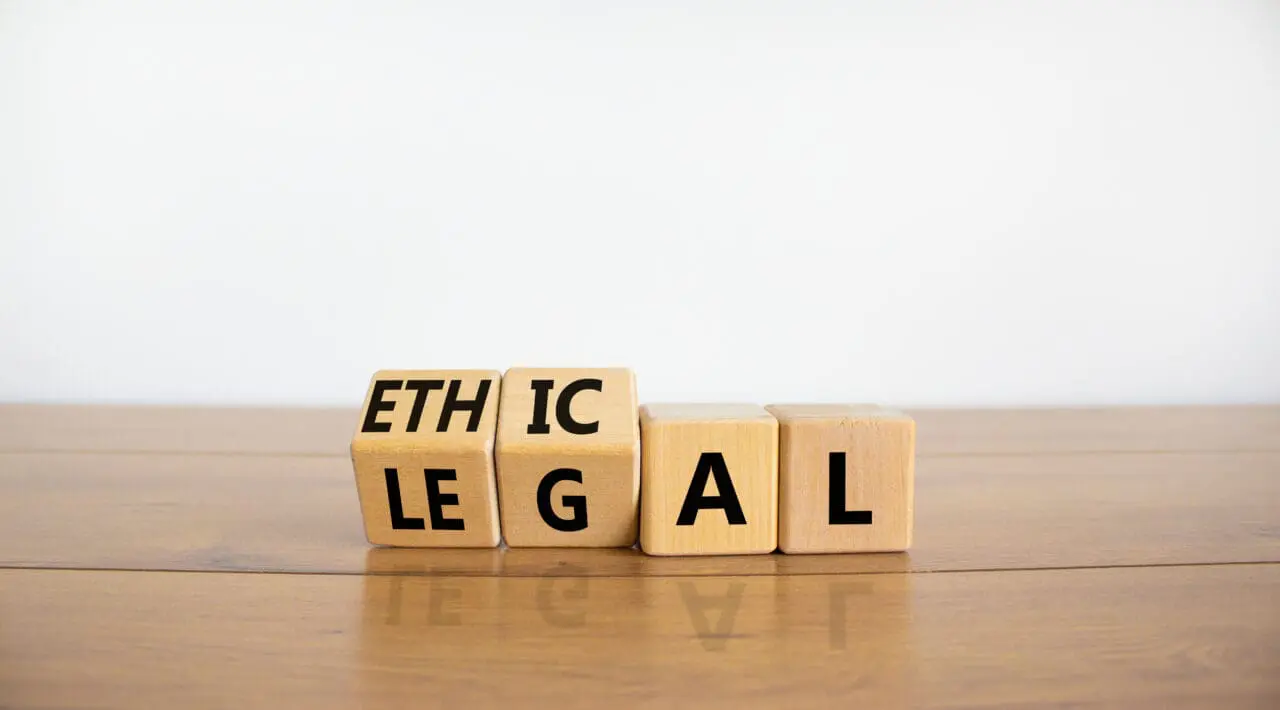

As technology continues to advance at a rapid pace, it has brought with it new challenges and complexities when it comes to copyright laws. In recent years, one particular area that has caused controversy is the use of artificial intelligence (AI) in creative works.
In 2020, a trade group for U.S. authors, including well-known writer John Grisham, filed a lawsuit against OpenAI, one of the world’s leading AI research companies. The lawsuit alleged that OpenAI had unlawfully trained its chatbot ChatGPT on copyrighted works without obtaining permission from the authors or compensating them for their use.
This case sparked an important discussion about the intersection of technology and copyright, raising questions about who has the rights to content created by AI and what responsibilities developers have when it comes to protecting the works of others. To fully understand the implications of this lawsuit, we must first delve into the complexities of copyright in the age of artificial intelligence.
OpenAI’s ChatGPT is a powerful AI chatbot that has the ability to generate original and coherent text based on prompts given to it. This technology has been praised for its impressive capabilities, but it has also raised concerns about copyright infringement.
The lawsuit filed by the U.S. authors’ trade group argues that OpenAI’s training of ChatGPT on copyrighted works is a violation of the authors’ rights. This has brought to light the issue of who owns the content created by AI and whether it falls under the realm of copyright protection.
The crux of the lawsuit against OpenAI lies in the argument that their use of copyrighted works without permission or compensation is a violation of the authors’ exclusive rights. These rights include the right to reproduce, distribute, and create derivative works based on their original works.
However, there are some complexities when it comes to copyright and AI-generated content. In traditional creative works, the author holds sole ownership of their work. But in the case of AI-generated content, who can be considered the creator? Is it the developer who programmed the AI or the AI itself?
The rise of artificial intelligence has brought to light many issues surrounding intellectual property rights and ownership. As technology continues to advance, it is important for lawmakers and legal systems to keep up with these changes and adapt copyright laws accordingly.
The lawsuit against OpenAI is just one example of the challenges that arise when traditional copyright laws are applied to new technologies. It highlights the need for a more comprehensive understanding of how AI-generated content fits into the world of intellectual property.
One argument put forth by OpenAI in response to the lawsuit is that their use of copyrighted works falls under fair use. Fair use allows for limited use of copyrighted material without obtaining permission from the rights holder, as long as it is for purposes such as criticism, comment, news reporting, teaching, scholarship, or research.
However, the concept of fair use becomes more complicated when AI is involved. Can an AI be considered to have the same intentions as a human user when using copyrighted material? Is there a limit to how much an AI can use before it becomes infringement?
The lawsuit against OpenAI highlights the need for balance between innovation and copyright protection. On one hand, AI technology has the potential to greatly enhance and revolutionize creative works. On the other hand, it is important to protect the rights of authors and creators who have put in hard work and effort into their original works.
As we navigate this new territory of AI-generated content, it is important for developers to consider the ethical implications of using copyrighted material without permission. This raises questions about the responsibility of developers to obtain permission or compensate authors for their works.
The lawsuit filed by the U.S. authors’ trade group against OpenAI raises an important question – did OpenAI actually infringe on the rights of authors and creators? There are some arguments that suggest otherwise.
One argument is that ChatGPT was not trained on entire copyrighted works, but rather small snippets of text. This raises the question of whether these short excerpts can be considered substantial enough to constitute copyright infringement.
Another argument is that ChatGPT’s output is not an exact replication of the original works, but rather a unique and original creation based on the prompts given to it. This could be seen as fair use or transformative use of the copyrighted works.
It is also worth considering the fact that OpenAI has made efforts to address copyright concerns by implementing filters to prevent ChatGPT from generating content too similar to existing works. This shows a level of awareness and responsibility on their part.
However, these arguments do not dismiss the fact that copyrighted material was used without permission or compensation. It remains to be seen how the court will interpret and weigh these arguments in relation to copyright law.
The issue of AI-generated content and copyright not only highlights legal complexities, but also ethical considerations. It begs the question – is it morally acceptable for AI developers to use copyrighted material without permission or compensation?
Some may argue that since AI does not have the same intentions or understanding as humans, it cannot be held to the same moral standards. However, others may argue that developers have a responsibility to consider and respect copyright laws when training AI models.
This brings up larger discussions about the societal impact of AI and the role of developers in shaping its ethical implications. As AI technology continues to advance, it is important for developers to be mindful of their actions and the potential consequences on copyright and intellectual property rights.
As AI technology advances, so too will its ability to generate original and creative works. This raises questions about the future of copyright in a world where AI can produce content that is indistinguishable from that created by humans.
Some experts predict that traditional copyright laws will need to be re-evaluated and updated to address the unique challenges posed by AI-generated content. This may involve considering new forms of ownership and rights for AI-created works, as well as addressing issues such as attribution and compensation for creators.
Another possibility is the development of AI-specific copyright laws that take into account the unique capabilities and limitations of AI. This could involve setting limits on the use of copyrighted material by AI, or implementing specific licensing agreements for AI models.
As we continue to navigate this new territory, it is important for all stakeholders – including authors, creators, developers, and lawmakers – to come together and have open discussions about the future of copyright in a world where AI plays an increasingly significant role in content creation.

This website uses cookies to improve your experience. Choose what you're happy with.
Required for the site to function and can't be switched off.
Help us improve the website. Turn on if you agree.
Used for ads and personalisation. Turn on if you agree.
This website uses cookies to improve your experience. Choose what you're happy with.
Required for the site to function and can't be switched off.
Help us improve the website. Turn on if you agree.
Used for ads and personalisation. Turn on if you agree.